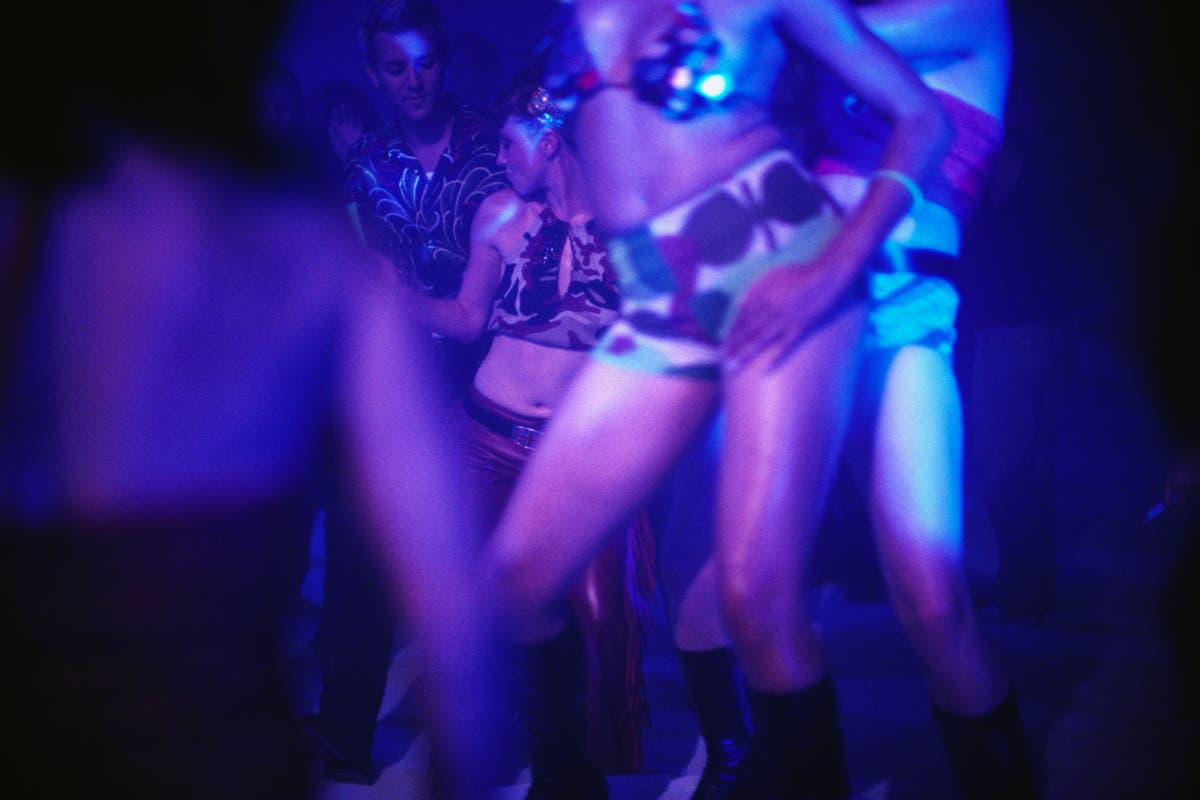We’ve been chatting for about half an hour when Eloise lowers her voice to a whisper. Until now she’s been confidently talking through the ups and downs of being a 19-year-old woman in a world she finds unsteady.
She’s annoyed that, on TikTok, the advertisements she gets are keyrings with rape alarms and “stabby kitties” (a cat-shaped metal keychain with pointed ears sharp enough to cause damage), feels that modern feminism sometimes goes a bit too far, but having grown up in the age of nudes, she doesn’t really trust men. Which is unsurprising considering the story she tells me next.
“So a boy I know was asking a girl at his school for nudes,” she says, quietly. “And then when she refused, he threatened to rape her.” The boy was 14 and had recently posted an Andrew Tate video to his Instagram page, which was Eloise’s first encounter with the online influencer.
“It said stuff like how women are your property and that it doesn’t matter if women say they’ve been sexually assaulted; if you’re with them that’s your right. I didn’t like it,” she adds.
Tate has made several appearances in the headlines this week. On Tuesday, a Romanian court rejected his appeal to ease the ban on him leaving the country as a legal case against him – in which he’s charged with human trafficking, rape and forming a criminal gang to sexually exploit women – continues. He denies all charges against him. The following day, Ipsos polling for King’s College London’s Policy Institute and the Global Institute for Women’s Leadership found that one in five men aged 16-29 who have heard of Andrew Tate have a positive view of him.


